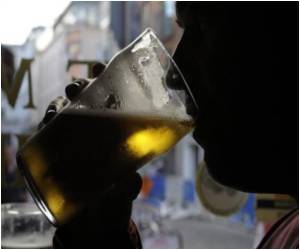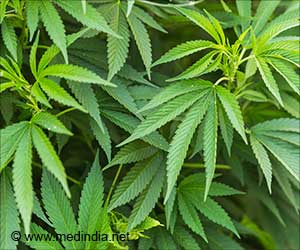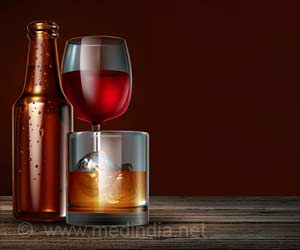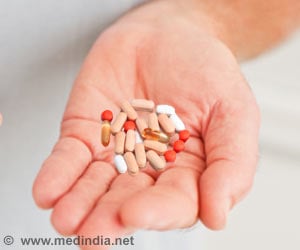Just the smell and look of alcohol seems to draw experienced drinkers towards it , also pointing towards a predisposition towards alcohol or dependence on it.

For individuals who find the intoxicating effects of alcohol particularly rewarding - as do alcoholics or those who abuse alcohol - the sight or smell of alcohol can produce strong desires to drink, known as cravings.
"Rather than examine salivation, however, we studied activity in the brain's reward system- the neural circuitry that recognizes and encodes the presence of something rewarding," added Kareken.
During functional magnetic resonance imaging (fMRI), participants were exposed to the aromas of their preferred alcoholic drink odours, as well as food and environmental odours.
"Homozygous GABRA2 carriers - that is, participants with a double dose of this gene - showed activations in selective brain regions including medial frontal cortex, which is part of the brain's reward evaluation system," said Kareken.
"By contrast, heterozygous GABRA2 carriers - that is, participants with only a single dose of the gene - activated a different component of the brain's reward system. These differential patterns endured even when participants were intoxicated. Thus, the difference in brain activation patterns was not dependent on the presence of alcohol in the system per se and so appears to mark a fundamental, genetically linked physiological response to alcohol in homozygous carriers of the GABRA2 gene," he said.
Results will be published in the December 2010 issue of Alcoholism: Clinical and Experimental Research and are currently available at Early View.
 MEDINDIA
MEDINDIA




 Email
Email










